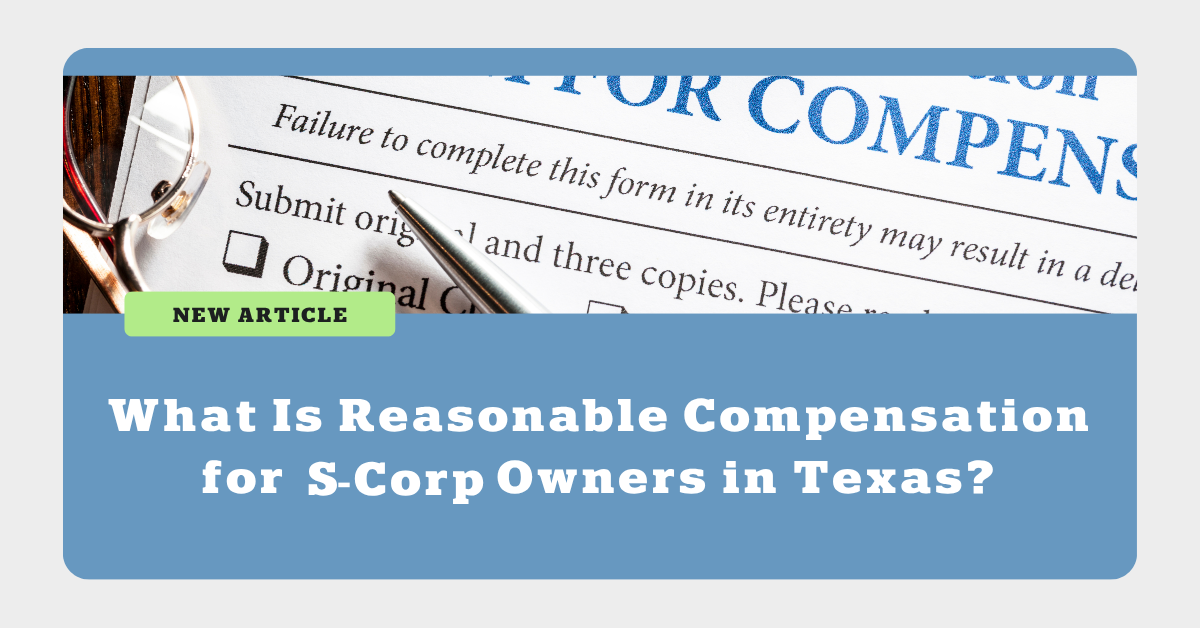
When you elect S-Corp status, one of the most important rules is paying yourself a reasonable salary. The IRS expects you to treat yourself like an employee, and the salary you set matters.
Reasonable compensation is the amount you would pay someone else to do the same job you do. It is not a set number. It depends on your industry, your role in the business, your skills, and the time you spend working.
For example, if you run a consulting business in Fort Worth and handle most of the client work yourself, your salary should reflect what another consultant would earn in the area.
Your salary is subject to payroll taxes, while distributions are not. Some owners try to keep their salary as low as possible to save on taxes, but the IRS pays close attention. If your salary looks too low, the IRS can reclassify distributions as wages and add penalties.
The IRS looks at things like:
Let’s say you own a small construction business in Dallas. You handle project management, hiring, and client relations. The market rate for that role may be around $85,000. Paying yourself a $25,000 salary would not line up with the value of the work.
Reasonable compensation is not about picking the lowest possible number. It is about setting a salary that reflects your work and stands up if the IRS ever asks questions. The rest of your profits can then be taken as distributions.